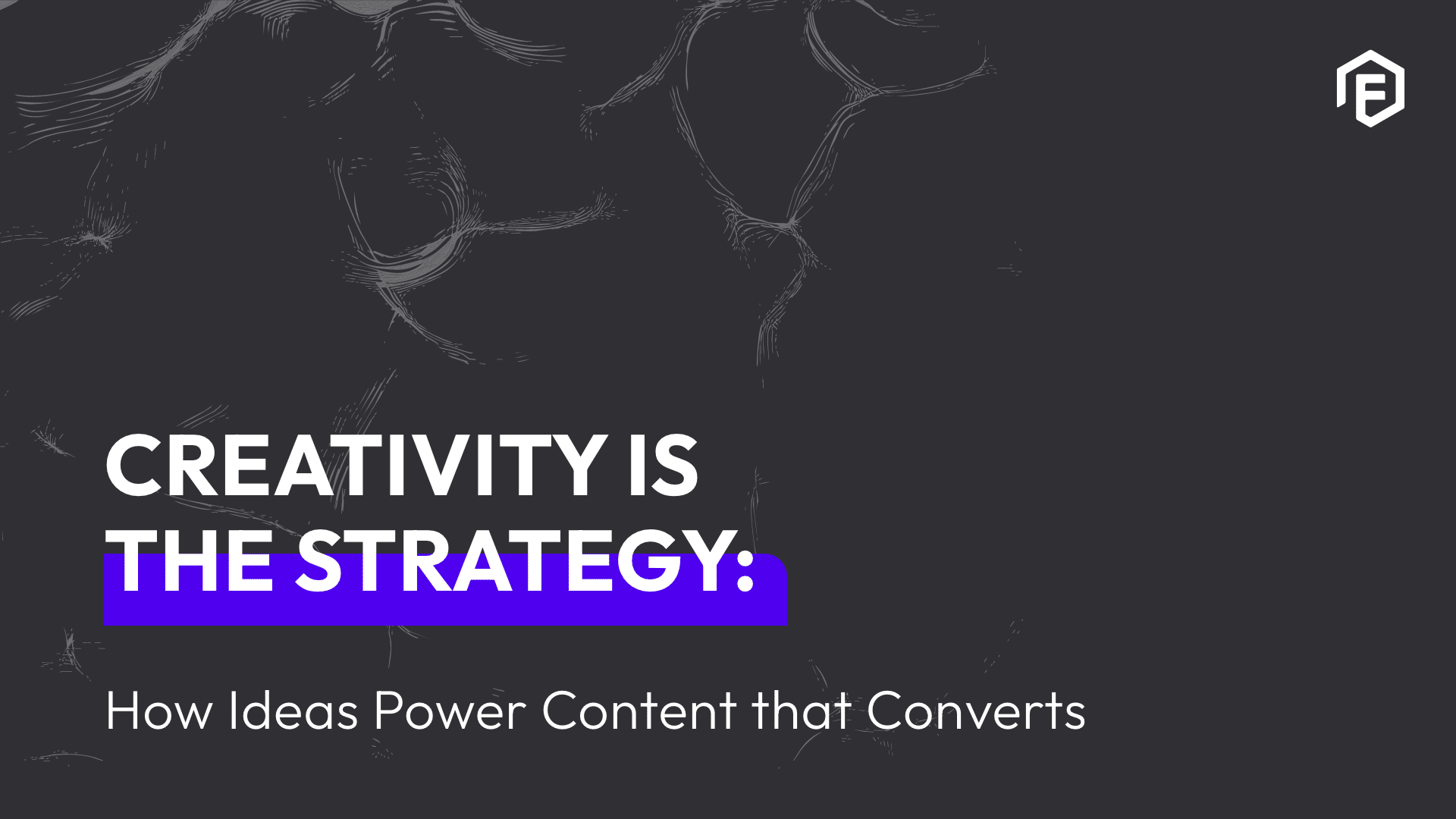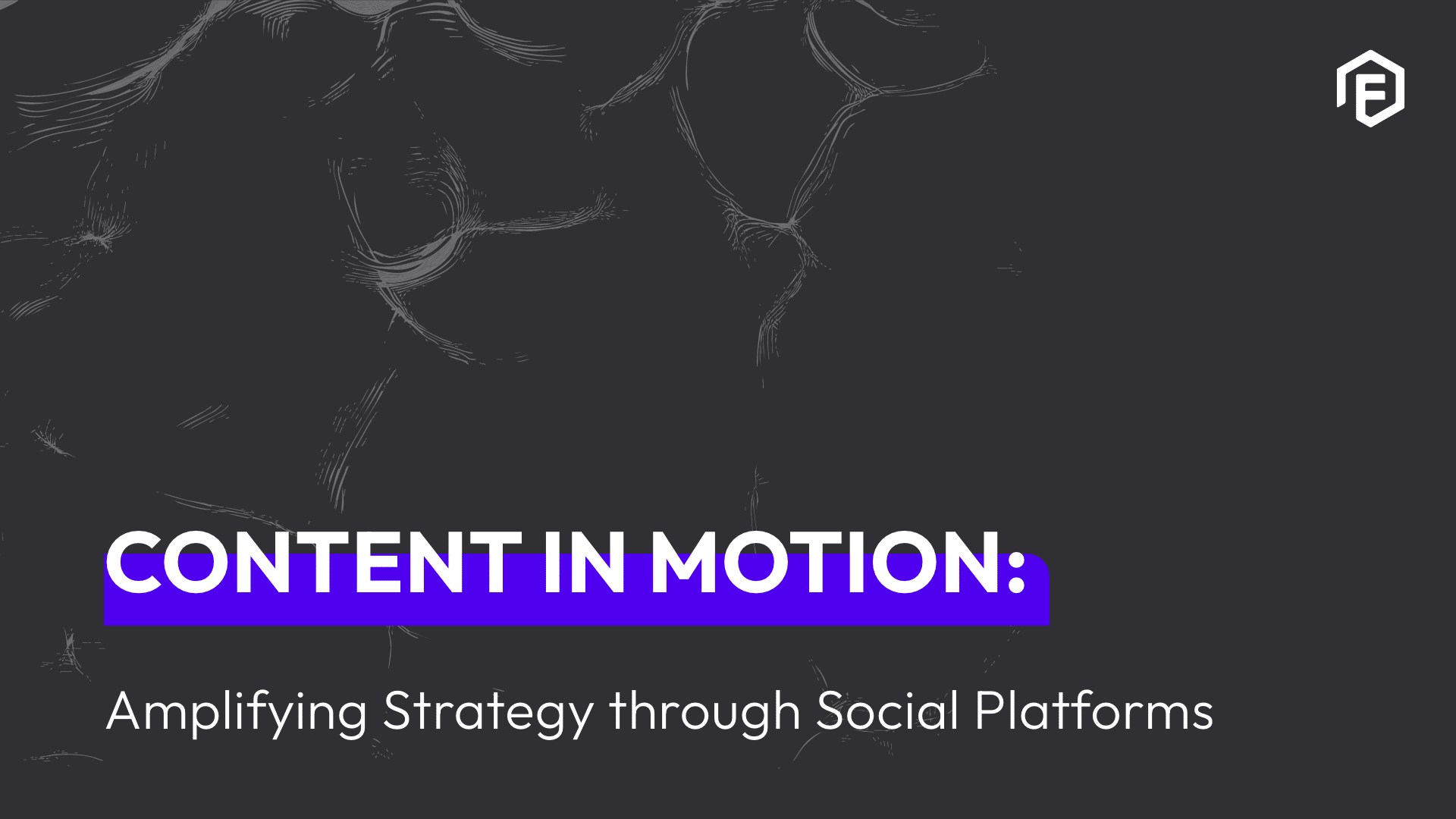As a copywriter, I’m not perfect. I’ve improved my writing the hard way, by learning what not to do, and doing it again and again until I learn my lesson. I’d like to think it’s made me a better copywriter. In fact, I know it has.
The good news. Whether by observation or through countless mentors, I’ve picked up a few handy tips along the way. The most important lesson, however, is that copywriting isn’t what I initially thought it was. I should rephrase that: great copywriting goes against your natural inclinations as a creative and, well, human being.
Maybe these lessons can help you too. Here’s what I’ve learnt so far.
In marketing, humility is your secret weapon
As much as we’d all like to be the next Ernest Hemingway, Mark Twain or Jane Austin, that’s not the job of a copywriter. The next time you write a clever headline, use a witty pun, or spend hours carefully concocting just the right metaphor, ask yourself who you’re writing for? Is it for you, or is it for your audience?
Keep your language simple, concise and clear. It will work far more effectively that way. You need to accept that your copy doesn’t need to change the world, win an award or be remembered for the ages. It takes humility to put the product before your ego. Your reward is a happy client.
Remember, it’s your job to sell a product or service; it shouldn’t have to sell your copy.
You only learn when you come up short – mistakes make for better copywriters
Sometimes the planets align in just the right order and your marketing campaign runs without a hitch, and maybe even exceeds expectations. But, when targets are being met—your audience is engaged and leads are being generated, for example—how do you know your copy worked? It’s an interesting question, isn’t it; you really just have to assume that it did. That breeds complacency.
Correlation does not imply causation. Your copy may have helped, sure, but it may have also been a fluke. How do you know what worked wasn’t a mistake on your part, or whether it can be improved?
The best way to find out, of course, is to be wrong. When something doesn’t work, you learn something—how not to do it next time. That’s a lesson you’ll take further into your career; stumbling upon the right copy the first time around is not. The other way to refine your copy is to put it to the test.
A/B testing is a great way to sort the wheat from the chaff, to test your copy direction, tone and every variation of every phrase. There is the possibility that it will expose your weaknesses and bad assumptions, but it’s important to remember what we’ve learnt about humility. You never want some elements of a marketing campaign carrying the rest over the line.
Ideas tend to travel in packs
Writer’s block is a thing, we’ve all experienced it, but it’s also readily treatable—if you’re willing to put in the effort. Writer’s block can be distilled down to this, you’re either out of ideas or you don’t know enough about the product/service you’re selling, but that can be remedied.
It’s time you perused that magical place called the internet, or put in a phone call to your client. Ask them questions—anything that comes to mind—and do some research on the product, its customers and similar areas of interest. Ideas tend to travel in packs. The moment you find one, no matter how small, the rest will quickly bubble to the surface.
There’s something called the Matthew Principle (otherwise known as the Pareto Distribution): to those who have everything, more will be given; from those who have nothing, everything will be taken. It sounds pessimistic, but all it really means is that opportunities tend to create new opportunities—it’s the same with ideas. Ideas and insights generate new ideas of their own, which generate their own ideas in turn, and you can see where this is going—it’s exponential.
What are you waiting for? Get researching.
So, what have we learnt?
All marketing—digital, PR, print, etc.—amounts to the same thing: raise awareness, educate and create desire. Try not to forget that you’re a salesperson first. That means communicating in a language your audience can understand. If you can do that, with humility and a willingness to learn, you’ll quickly find yourself reaching new heights. Trust me, your client will love you for it.



